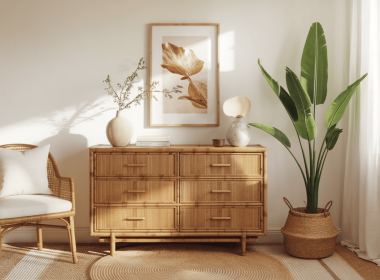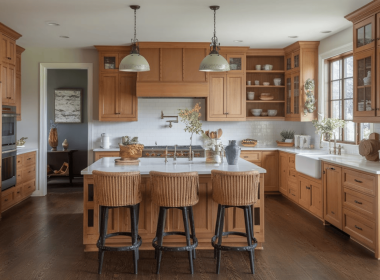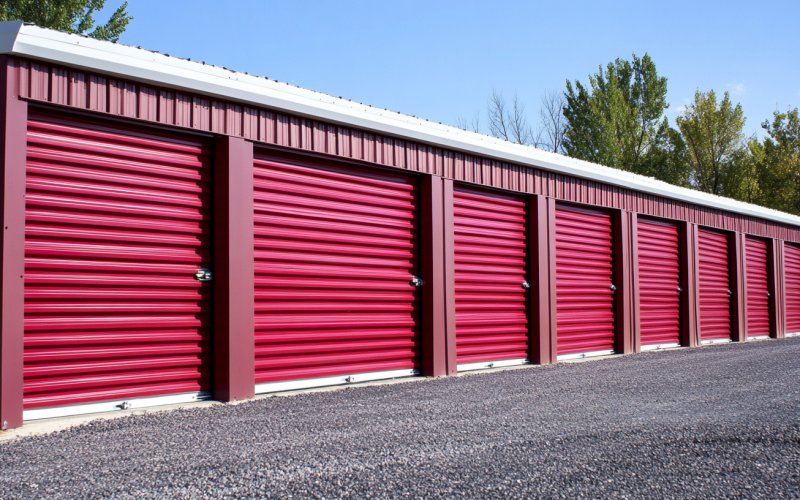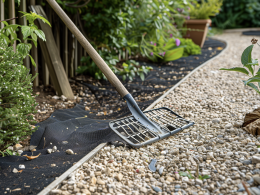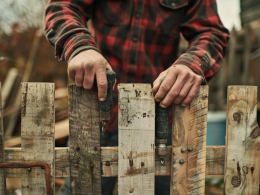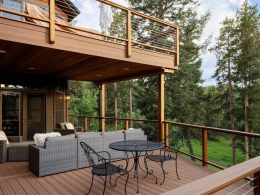Two popular solutions for overcoming clutter and organizing our belongings emerge – owning a shed in the backyard or renting a storage unit. Each option is designed with unique advantages and potential drawbacks, making the choice personal.
Here, we will explore the key differences between shed ownership and storage unit rentals, helping you determine which solution best suits your lifestyle and needs. Whether you prioritize convenience, cost, or accessibility, understanding the nuances of each choice is essential for effective space management.
Convenience and Accessibility
Owning a large shed offers immediate access to your belongings right in your backyard, making it highly convenient for frequently used items. On the other hand, storage units can be less accessible, often requiring a drive and adherence to facility hours.
Additionally, sheds can be customized with shelves and hooks to organize items efficiently, whereas storage units typically come as-is with limited organizational options.
Cost Implications Over Time
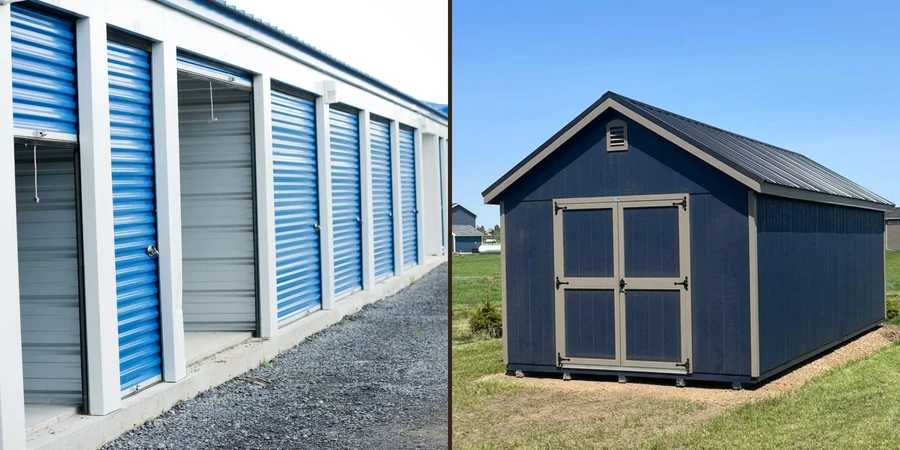
Initial costs for shed ownership include purchase and installation, which can be significant. However, these are one-time expenses. Over time, maintenance costs are relatively low.
While offering lower upfront costs, storage unit rentals require ongoing monthly payments that can add up substantially over the years. Additionally, any increases in rental rates can further escalate these long-term expenses.
Therefore, while sheds may require a more considerable initial investment, they could prove more cost-effective in the long run compared to the recurring fees associated with storage unit rentals.
Security Considerations
Storage units often come equipped with robust security measures, including surveillance cameras, gated access, and on-site personnel, offering higher protection for your valuables.
In contrast, a shed’s security largely depends on your measures, such as locks and an alarm system. While a shed can be fortified, it may not match professional storage facilities’ comprehensive security infrastructure. It’s crucial to evaluate the sensitivity and value of your stored items when considering the best option for your needs.
Space and Customization
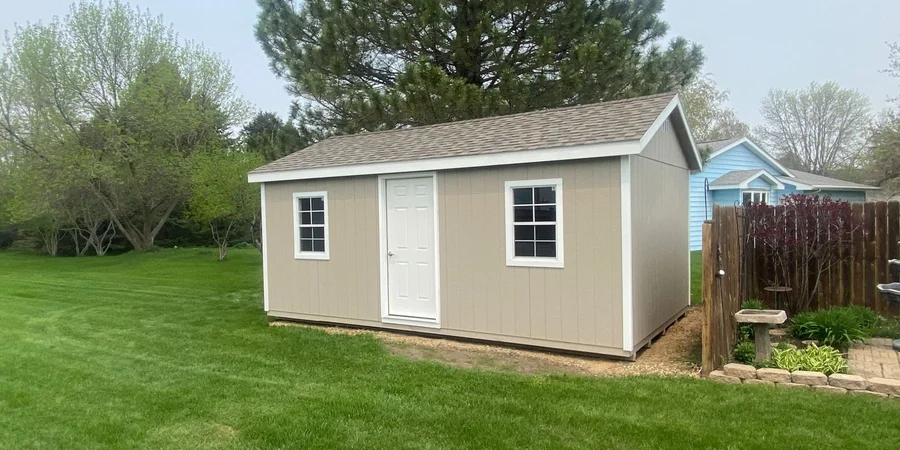
Sheds offer the flexibility to be designed and modified according to your needs, whether adding shelves, workbenches, or even windows for better lighting.
This customization ensures that the space is used efficiently. In contrast, storage units are generally fixed in size and structure, limiting your ability to adapt them to your preferences.
If you need to store large or awkwardly shaped items, a shed allows you to tailor the space accordingly. At the same time, storage units may require renting additional space or multiple units to accommodate your needs.
Climate Control and Environmental Factors
Climate-controlled storage units offer consistent temperature and humidity levels, protecting sensitive items like electronics, documents, and antiques from damage. Sheds, however, are subject to outdoor weather conditions, leading to temperature fluctuations and potential exposure to moisture, pests, and UV damage.
While adding insulation and ventilation to a shed can mitigate some risks, it may not provide the same level of protection as a professionally maintained climate-controlled unit. Consider the nature of your stored items when evaluating these environmental factors.
Flexibility and Mobility
Storage unit rentals offer the advantage of changing unit sizes or locations as your storage needs evolve. This can be particularly beneficial if you anticipate fluctuating storage requirements or plan to relocate. Sheds, while permanent fixtures, do not offer the same level of mobility.
If you move, you leave the shed behind or incur additional costs to dismantle and transport it. Therefore, storage units provide more flexibility, allowing you to adapt quickly to changing circumstances without significant hassle.
Aesthetic and Property Value Considerations
A well-designed shed can enhance your backyard’s aesthetic appeal and increase property value. It offers an opportunity to complement your home’s architectural style and landscape design.
Conversely, storage units are off-site and do not impact your home’s visual appeal or value. When choosing between a shed and a storage unit, consider how a shed might contribute to your home’s overall look and marketability. Investing in a stylish, functional shed could provide both practical storage solutions and an aesthetic boost to your property.
Choosing between a shed and a storage unit hinges on your unique priorities and circumstances. While sheds offer convenience, customization, and potential property value enhancement, storage units provide robust security, climate control, and greater flexibility.
Carefully assess your specific storage needs, budget, and long-term plans to make an informed decision. Whether you opt for the permanent accessibility of a shed or the adaptable nature of a storage unit, each solution has its merits and can effectively help you manage your space.


